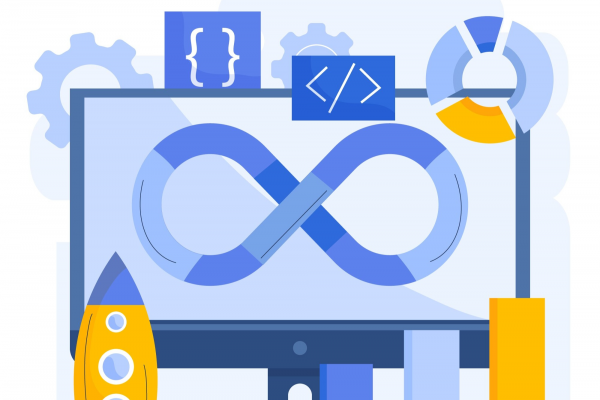In today’s fast-paced digital landscape, the convergence of artificial intelligence (AI) and automation has brought about transformative changes across various industries. Among these, product engineering stands out as a domain experiencing a significant paradigm shift. From accelerating development cycles to enhancing product quality, AI and automation are revolutionizing the way products are conceptualized, designed, and brought to market.
The Rise of AI and Automation in Product Engineering
- Accelerating Development Cycles
According to Statista, the global AI market is projected to reach $305.9 billion by 2024, showcasing the rapid adoption and investment in AI technologies across industries. In product engineering, AI-powered automation tools are streamlining development cycles by automating repetitive tasks, reducing time-to-market, and enhancing overall efficiency. Tasks such as requirement gathering, design prototyping, and testing can now be expedited with the help of AI algorithms, enabling engineering teams to focus more on innovation and problem-solving.
- Enhancing Product Quality and Performance
The global Automation Testing market size is projected to reach multimillion USD by 2031, in comparison to 2024, with unexpected CAGR during the forecast period, according to Automation Testing Market Insights. AI-driven quality assurance mechanisms are playing a pivotal role in ensuring product excellence. Machine learning algorithms analyze vast amounts of data generated during the development lifecycle to identify potential defects, optimize designs, and predict performance outcomes. This proactive approach to quality management not only minimizes the risk of product failures but also enhances customer satisfaction and brand reputation.
- Personalizing User Experiences
According to a McKinsey report, rapidly expanding enterprises derive 40% more of their revenue from personalized approaches compared to their slower-growing counterparts. Furthermore, 71% of consumers anticipate tailored experiences from the businesses they engage with, with 76% expressing frustration when such personalized interactions are absent. In product engineering, AI-powered recommendation systems, user behavior analytics, and predictive modeling techniques are enabling companies to tailor products according to individual preferences and needs. By leveraging customer data insights, engineering teams can design intuitive interfaces, anticipate user requirements, and deliver personalized features that resonate with target audiences, thereby driving user engagement and loyalty.
Key Transformative Applications
1. AI-Driven Design Optimization
Traditional product design processes often rely on iterative prototyping and testing to achieve optimal outcomes. However, AI-driven design optimization tools are revolutionizing this approach by simulating thousands of design variations and identifying the most efficient solutions based on predefined criteria. By harnessing algorithms such as genetic algorithms and neural networks, engineers can explore design possibilities that may have been overlooked manually, leading to more innovative and cost-effective solutions.
2. Automated Testing and Validation
The testing phase is critical in ensuring product reliability and performance. Automation frameworks powered by AI algorithms enable comprehensive testing across various scenarios, environments, and usage patterns. Machine learning algorithms can learn from past testing experiences to prioritize test cases, identify high-risk areas, and even autonomously generate test scripts. This not only accelerates the testing process but also improves test coverage and accuracy, ultimately resulting in more robust and resilient products.
3. Predictive Maintenance
In industrial product engineering, predictive maintenance is reshaping maintenance strategies by leveraging AI-powered predictive analytics to anticipate equipment failures before they occur. By continuously monitoring sensor data, AI algorithms can detect anomalies, identify patterns indicative of potential failures, and trigger maintenance activities proactively. This predictive approach minimizes downtime, reduces maintenance costs, and prolongs the lifespan of critical assets, thereby optimizing operational efficiency and productivity.
The Road Ahead
As AI and automation continue to evolve, the future of product engineering holds immense promise. From autonomous product development workflows to AI-enabled creativity tools, the possibilities are endless. However, realizing this potential requires a concerted effort towards upskilling talent, fostering interdisciplinary collaboration, and addressing ethical and regulatory considerations. STL Digital provides you with end-to-end services and expertise in AI & Automation in Product Engineering services which brings valuable agility pushing you miles ahead of your competition.
With STL Digital, you can harness the power of these technologies, and businesses can unlock new levels of innovation, agility, user-centricity and competitiveness in today’s dynamic market landscape. As we embark on this transformative journey, embracing a human-centered approach will be paramount in leveraging AI and automation to create products that not only meet but exceed the expectations of users and stakeholders alike.



